Türkiye has hailed the pace of advancements in relations with Saudi Arabia and said the year 2024 could be a “golden year” in economic ties with the kingdom.
Trade Minister Ömer Bolat on Tuesday stressed the importance he said Türkiye attaches to strengthening trade and economic cooperation with Saudi Arabia and said bilateral relations have made “tremendous” progress in the last two years.
Bolat expressed confidence that the increase in bilateral trade would maintain an upward trend, noting more than a 50% rise in Türkiye’s exports to Saudi Arabia in the first two months of the year alone.
Exports rose 150% year-over-year to $2.62 billion in 2023. Their bilateral goods exchange stood at $6.8 billion, Bolat told a business event on the sidelines of his two-day visit to the kingdom.
“We will work with all our might for our mutual trade to reach $10 billion in the medium term and $30 billion in the long term,” he noted.
“God willing, 2024 will take its place as a golden year in the economic relations between Türkiye and Saudi Arabia.”
Ankara and Riyadh have expanded diplomacy and contacts to repair relations that were ruptured following the murder of Saudi journalist Jamal Khashoggi in 2018 at the kingdom’s Istanbul consulate.
Their trade volume experienced a long and steep fall, driven mainly by informal embargoes on Turkish goods.
In a sign of mending ties, President Recep Tayyip Erdoğan visited Saudi Arabia in April 2022, and Saudi Crown Prince Mohammed bin Salman (MBS) traveled to Türkiye in June of the same year.
In the second trip since the rapprochement, Erdoğan flew to Jeddah in mid-July last year as part of a three-country tour of the Gulf that also included Qatar and the United Arab Emirates (UAE).
The economic relations experienced a leap last year, according to Bolat, who said there would be a huge jump in mutual trade and investment with the commissioning of various projects, especially in construction, construction materials and defense industry products.
The size of projects that the Turkish companies have undertaken in Saudi Arabia reached $3 billion as of the end of 2023, the minister said. That volume totals about $74 billion when it comes to the Gulf Cooperation Council (GCC) countries.
Bolat said he had met almost half of the Saudi Cabinet during his visit, and said the kingdom is embarking on a huge investment move for the next 10 years.
“Because they have a 2030 vision project in front of them. They will also host the World Expo Fair in 2030 and the World Cup in 2034. My counterparts stated that they will invest a total of $3.3 trillion within the scope of the 2030 vision,” said the minister.
The plan envisages hundreds of billions in investments to help wean the economy off hydrocarbon income and build big infrastructure projects to develop sectors such as tourism and industry.
Saudi officials conveyed that the “door is open to Turkish companies in all these areas,” said Bolat.
“Türkiye gives them confidence with its strong economy and leadership. Türkiye’s high-quality and competitive success in the services and industrial sector also gives them confidence. Our companies should follow these projects closely,” he added.
Emphasizing that Türkiye is an important destination for the Arab region in terms of tourism, Bolat said that the number of tourists coming from Saudi Arabia reached an important level by increasing to over 820,000 in 2023, compared to 500,000 in 2022.
The minister also addressed the steps aimed at increasing trade with the Gulf region, which he says are removing obstacles before the business world.
“We are making companionship with the business world. Now, with the quality and competitive strength of the Turkish industry, the services sector, the contracting sector, transportation, tourism and agriculture, I hope that our mutual trade will reach much higher figures in this region,” said Bolat.
Foreign direct investments from the GCC in Türkiye increased from $227 million in 2002 to $16.2 billion in 2022, according to the minister. This figure rose from $296 million to $21.4 billion when it comes to the flows from the Organisation of Islamic Cooperation (OIC) states.





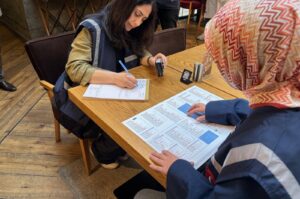



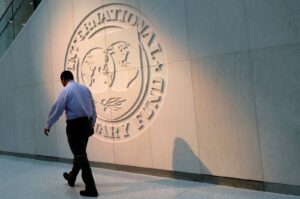
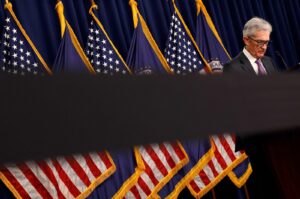



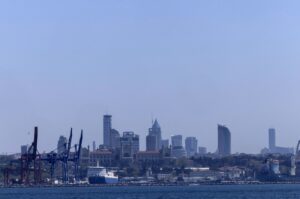
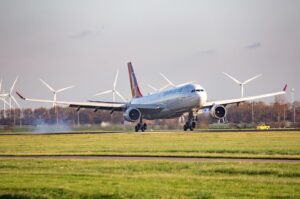

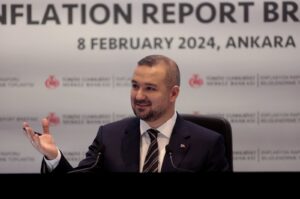



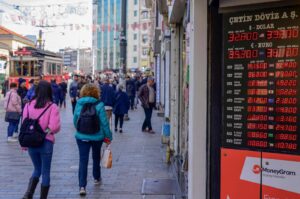
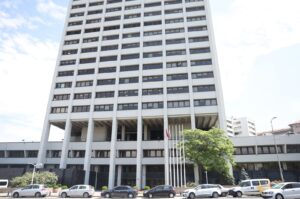

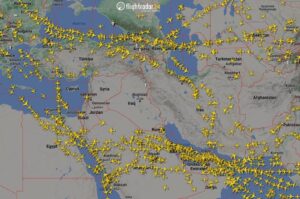

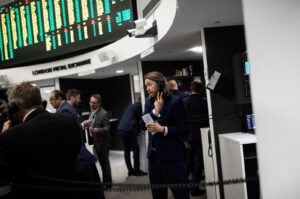
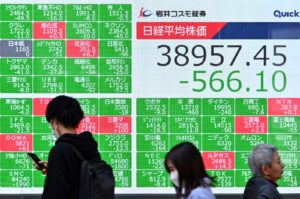
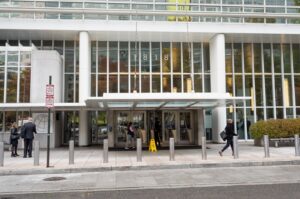





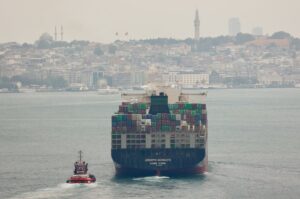


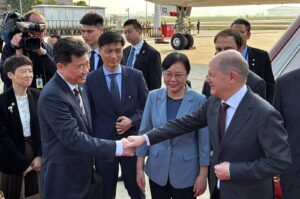
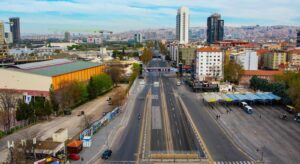




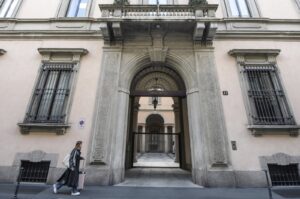
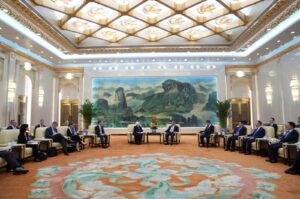






Be First to Comment